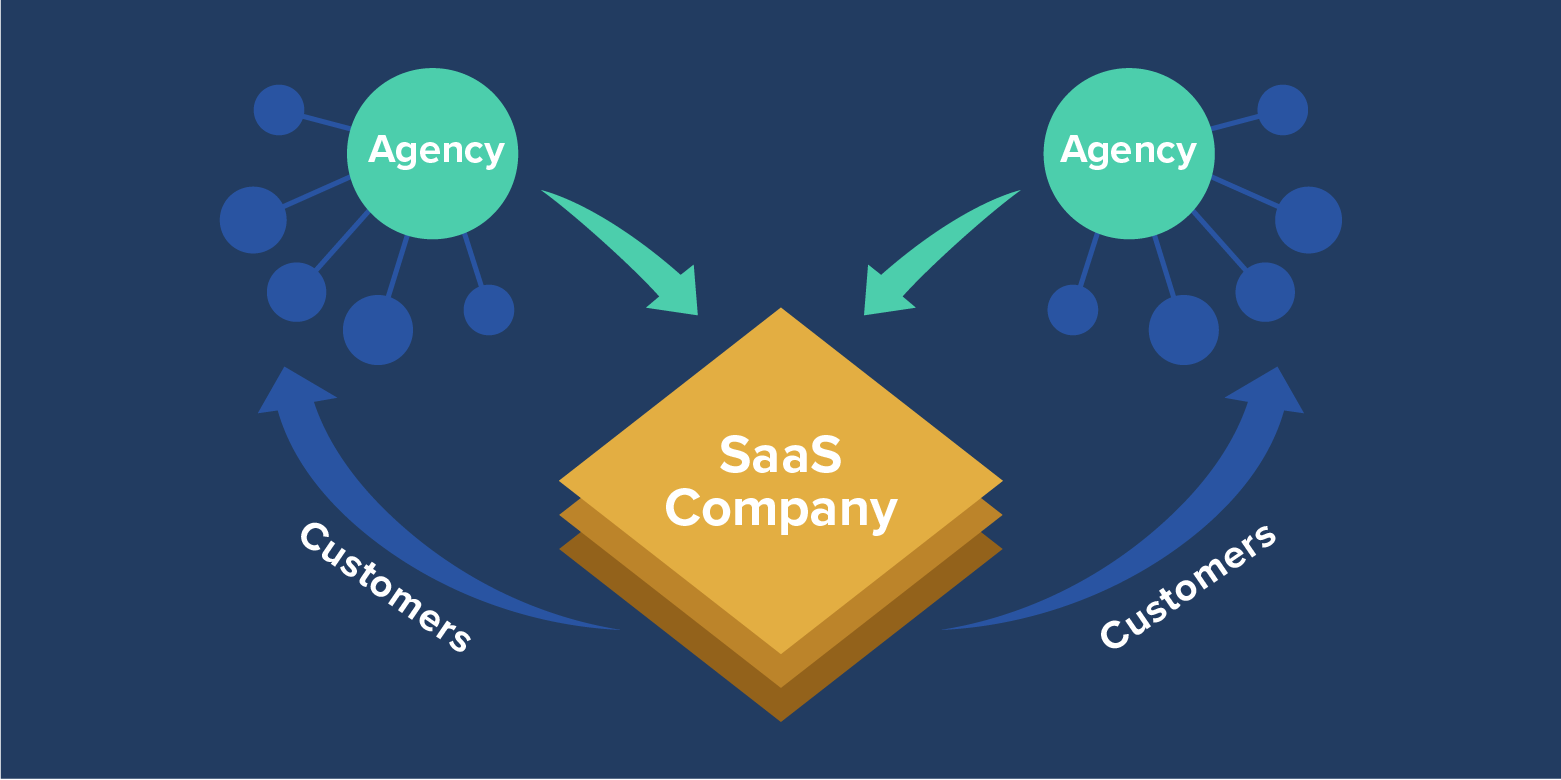
For agencies, change is on the way. They are being pushed into the arms of marketing technology vendors by the digital transformation. SaaS MarTech behemoths are developing partner programmes with lots of financial and branding benefits to entice local specialists. However, what first appears to be a success frequently ends up harming businesses and organisations in the long run. Why so? And what can marketing firms do to remain relevant in the online space?
The shadow aspect of agency collaboration programmes: Suspect or substance?
On the surface, a collaboration with a significant Martech vendor appears to benefit an agency greatly. new leads, cross-promotion, affiliate fees, discounts, access to special knowledge resources, and improved customer assistance. Management has good cause to think about participating in this enterprise. Even more of a motive to do so given that rivals have already made their partner badges and certificates public.
But before you start burning out, let’s go over the information that major Martech providers exclude from their polished proposals.
The cost of enrolling in a programme for agency partners is significant.
Large marketing automation suppliers demand agencies to obtain certificates before they can begin to reap the benefits of partnerships. Exams and classes require time and money to complete. And if you want to move up the partnership ladder, it gets worse. More employees must pass the vendor’s “academy” in order to increase brand awareness or new income streams. This is a simple path to long-term dependence on the vendor in addition to the required work.
However, there is yet another unhealthful dependency on the line. Being a certified agency partner obligates you to promote and use just that software, not any alternative platforms.
fewer controls
Make sure your client will hold you responsible for things that don’t go as planned when you offer a marketing automation software. You should ensure that the budget for the new marketing solution won’t balloon out of control as the organisation your client trusts. There are two problems that could result in this bloat:
Misaligned tech, data, and process requirements: Marketing automation tools only function when you provide them the appropriate data at the right time. The project budget and timeline sheets will be crammed with “development services” items if such an infrastructure isn’t yet ready. Furthermore, they can get expensive because there is minimal possibility that a vendor will offer bespoke development services to make integration easier for a particular setup.
Pricing: Most of the time, marketing automation software levies usage-based fees. However, the price doubles or triples to enable specific enterprise features (as in the case of Hubspot’s pricing). You should make sure you have thoroughly and thoroughly assessed the client’s needs; otherwise, the cost could skyrocket a few months from now when you learn that the most affordable way to meet the client’s needs is to upgrade to a much more expensive plan.
In the end, you need to be certain that the software vendor you brand around will be around for a while. If not, your client will have to spend all that time and money again implementing and learning the new platform, which will cause a crisis of trust between you and your client.
Future of some collaborations is uncertain
Some relationships may not ultimately prove to be as profitable as expected, it is said through back channels. This is due to some of the top figures in the Martech sector’s insatiable desire. Their objective is to turn their items from simple tools into marketing machines. The beast, which will take over much of the work you do for your agency. It’s not simply about artificial intelligence, which is still in its infancy and doesn’t offer much value to a typical corporation. You should be wary of both the time-proven features that are encroaching more and more on your land and the high-caliber professional services they have just recently begun to offer.
Finally, you will confront a whole new level of competition if you married to a vendor and make it a significant element of your offer. Leaders in marketing automation employ thousands of agencies, some of whom are tasked with reselling, consulting, and integrating the vendor’s technologies. And large vendors won’t tip the scales in your favour; rather, it will be you who must muscle your way to a larger share of this contract.
API-based joint venture initiatives
Platforms that focus on APIs also provide partner programmes. By entering into such a collaboration, you will be able to better meet the needs of your clients while minimising some of the risks associated with teaming up with Martech behemoths. Additionally, you can continue to benefit from discounts, superior service, access to only certain content, and finally, new leads.
It sounds like a solid long-term strategy for building a successful marketing firm to tap into the digital world while remaining solution-agnostic.
